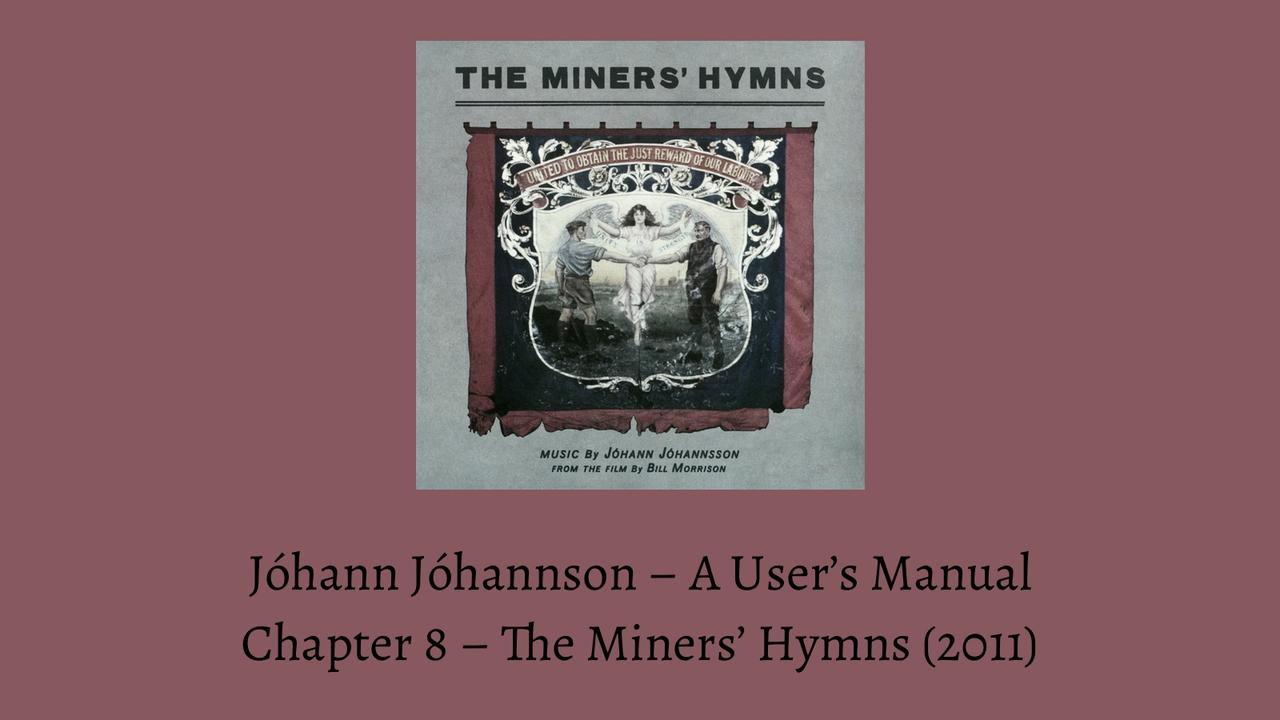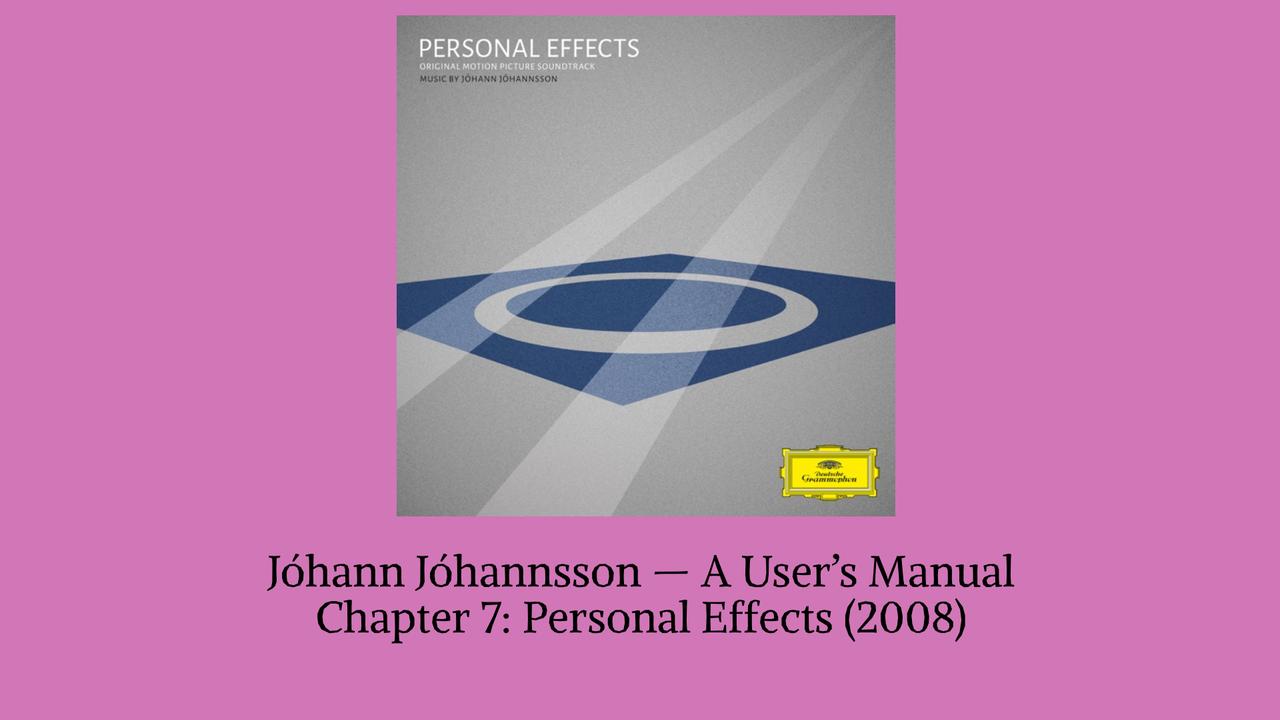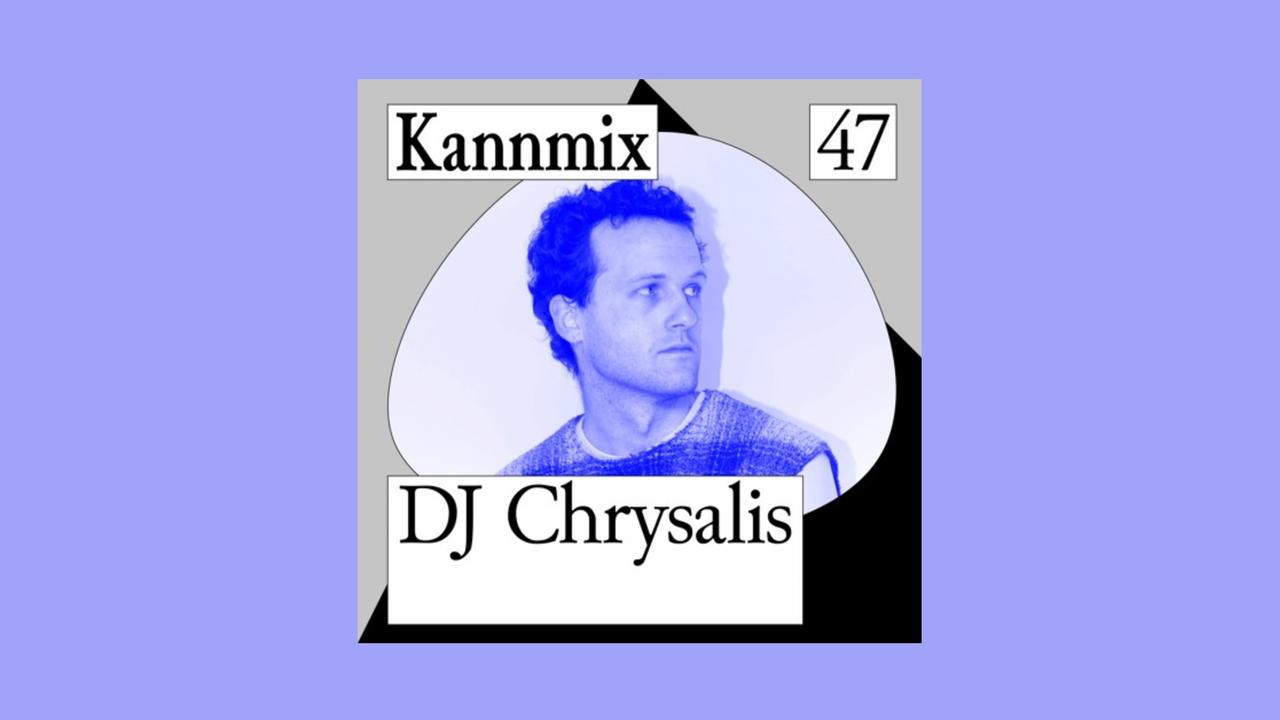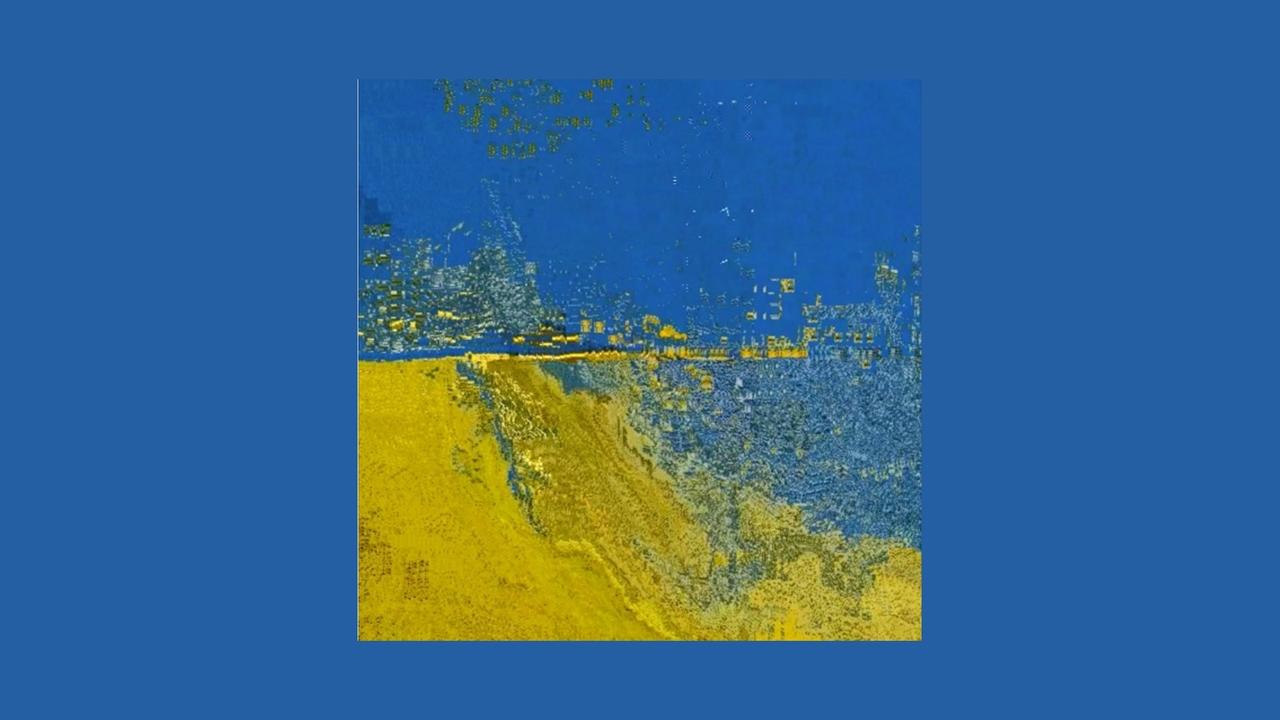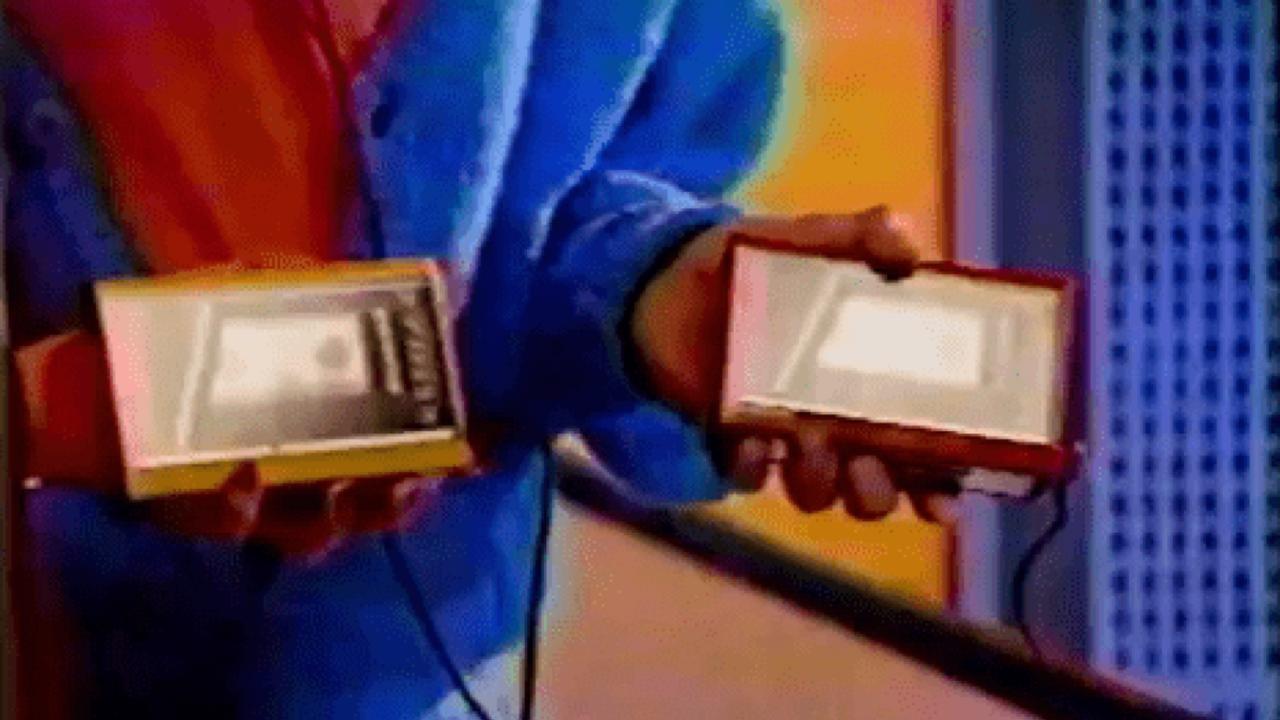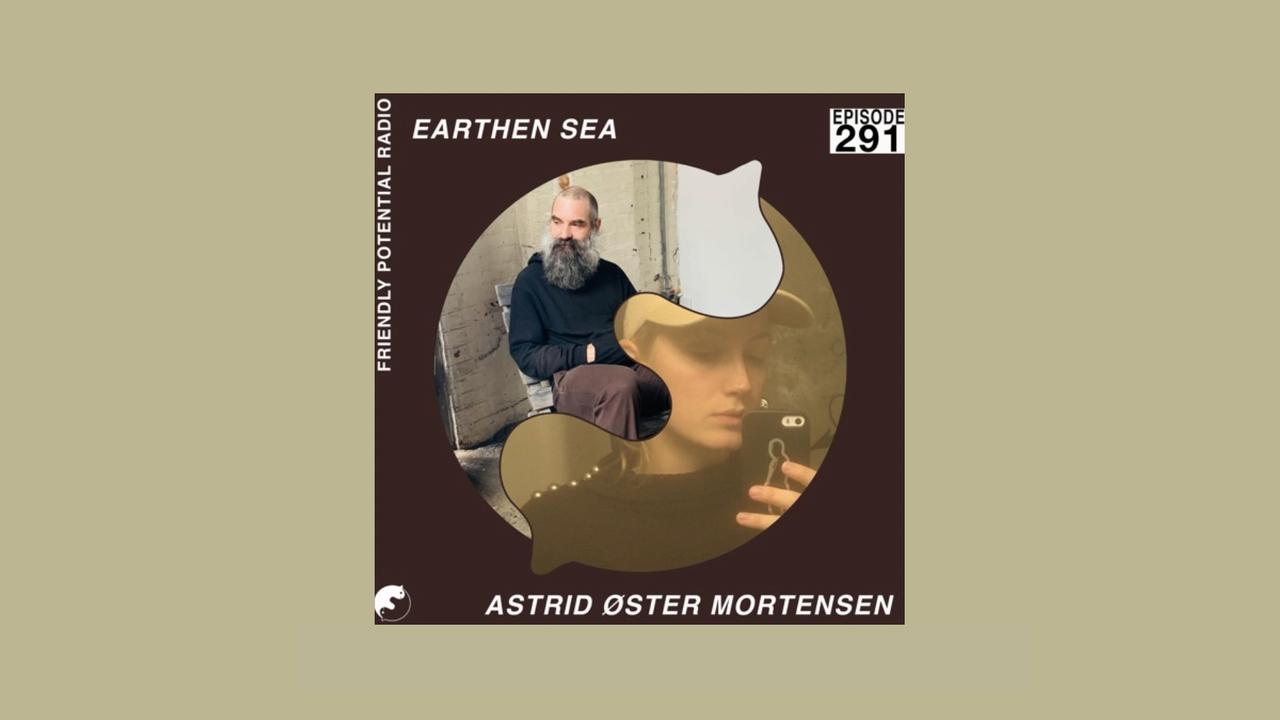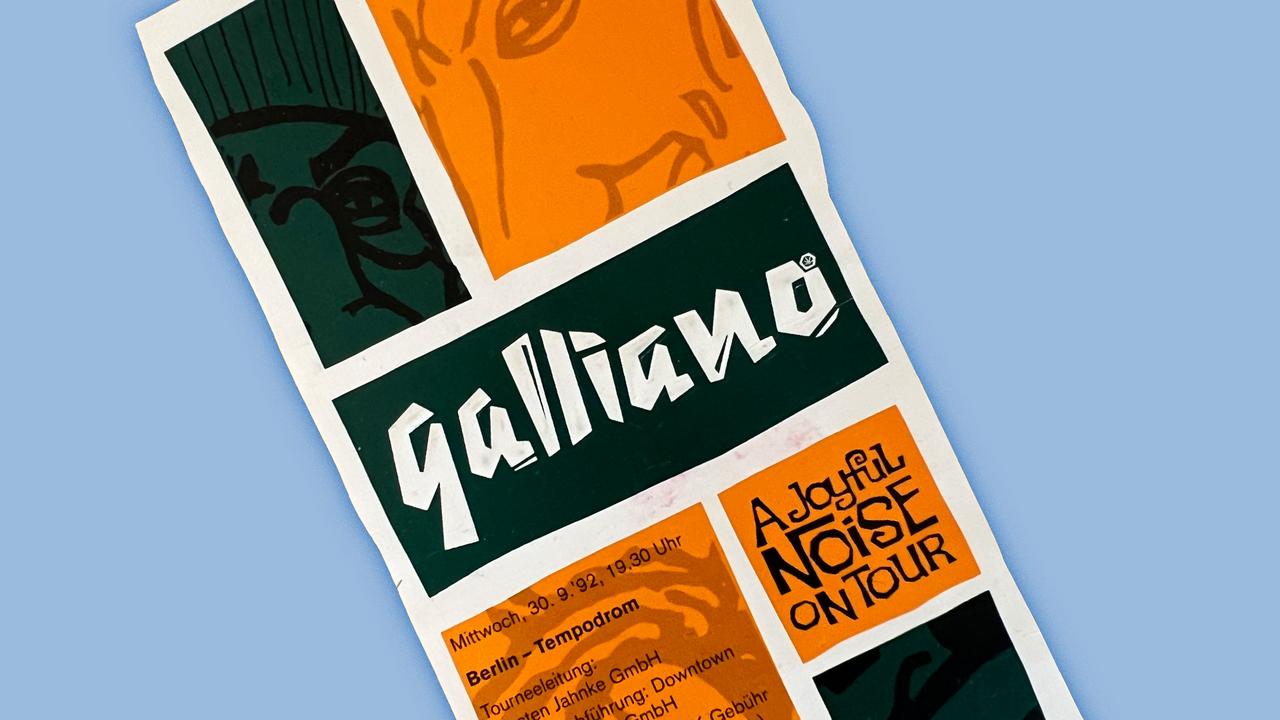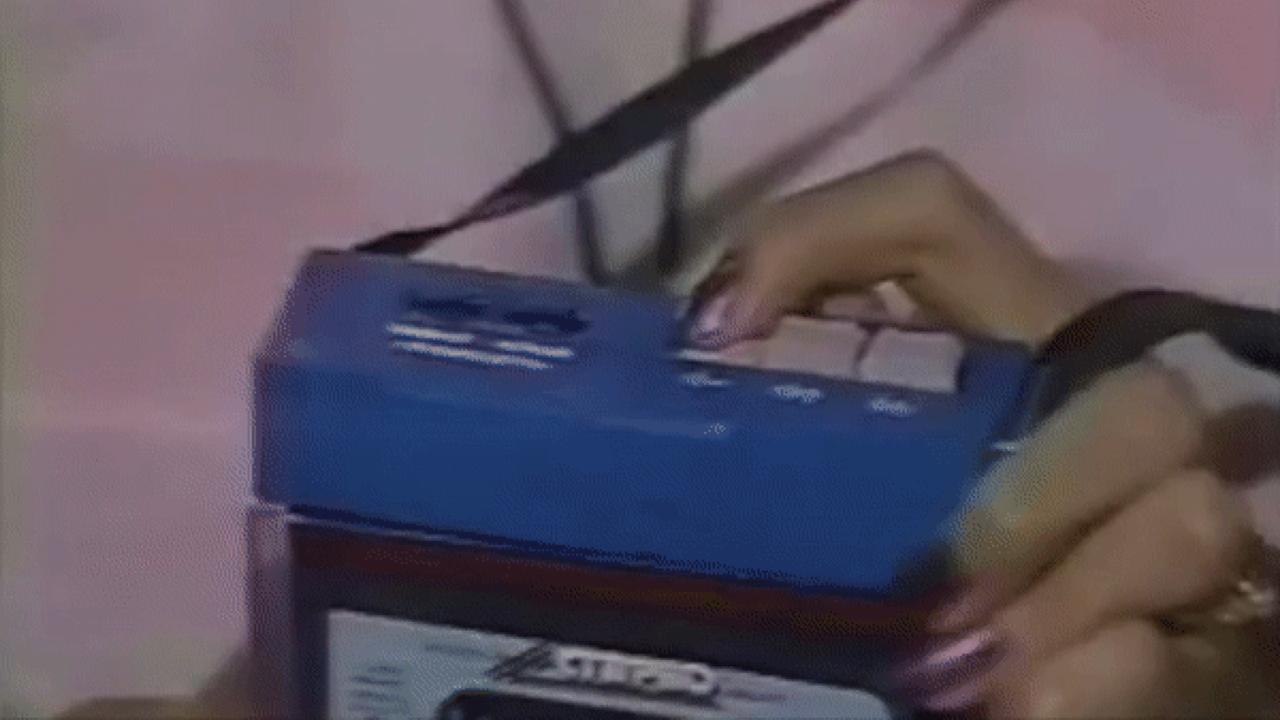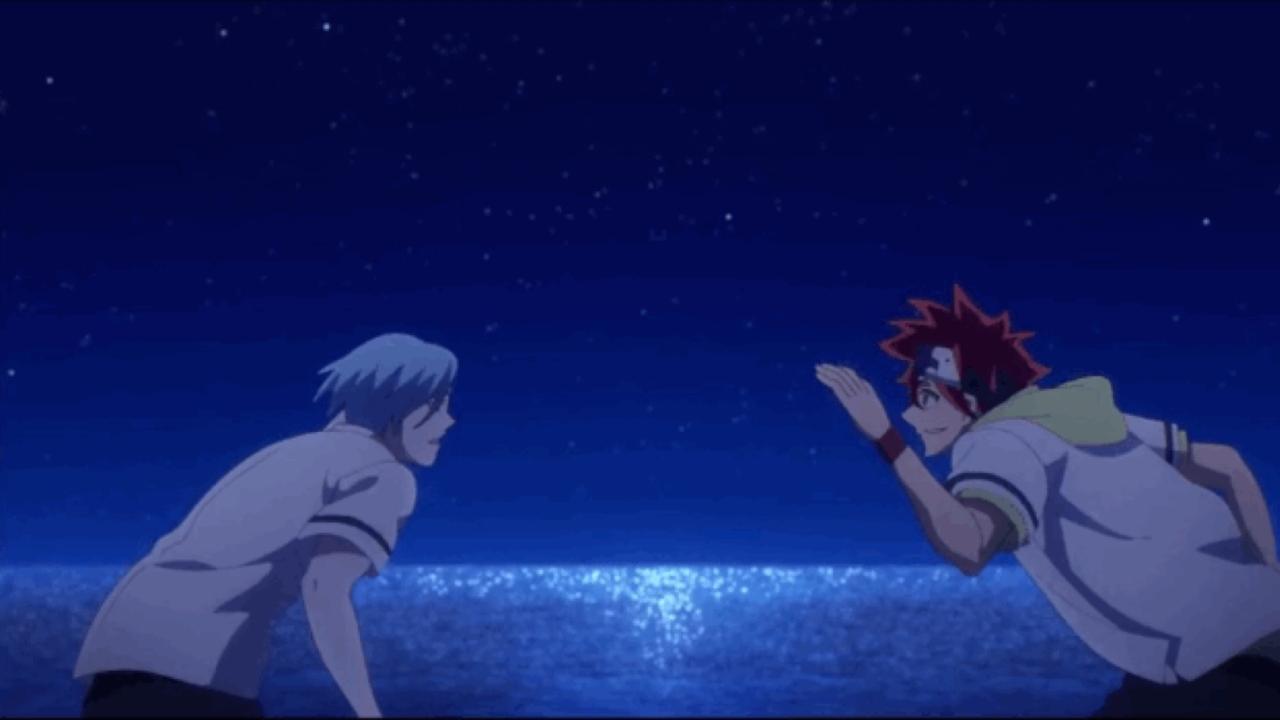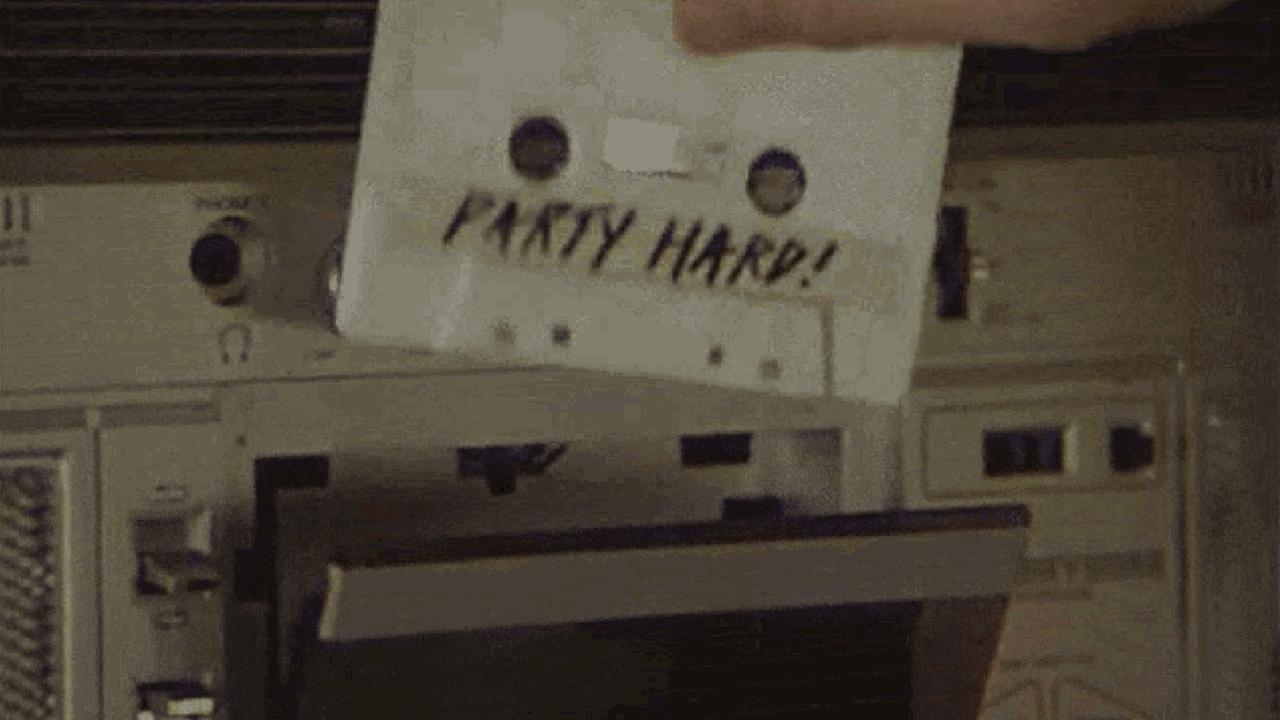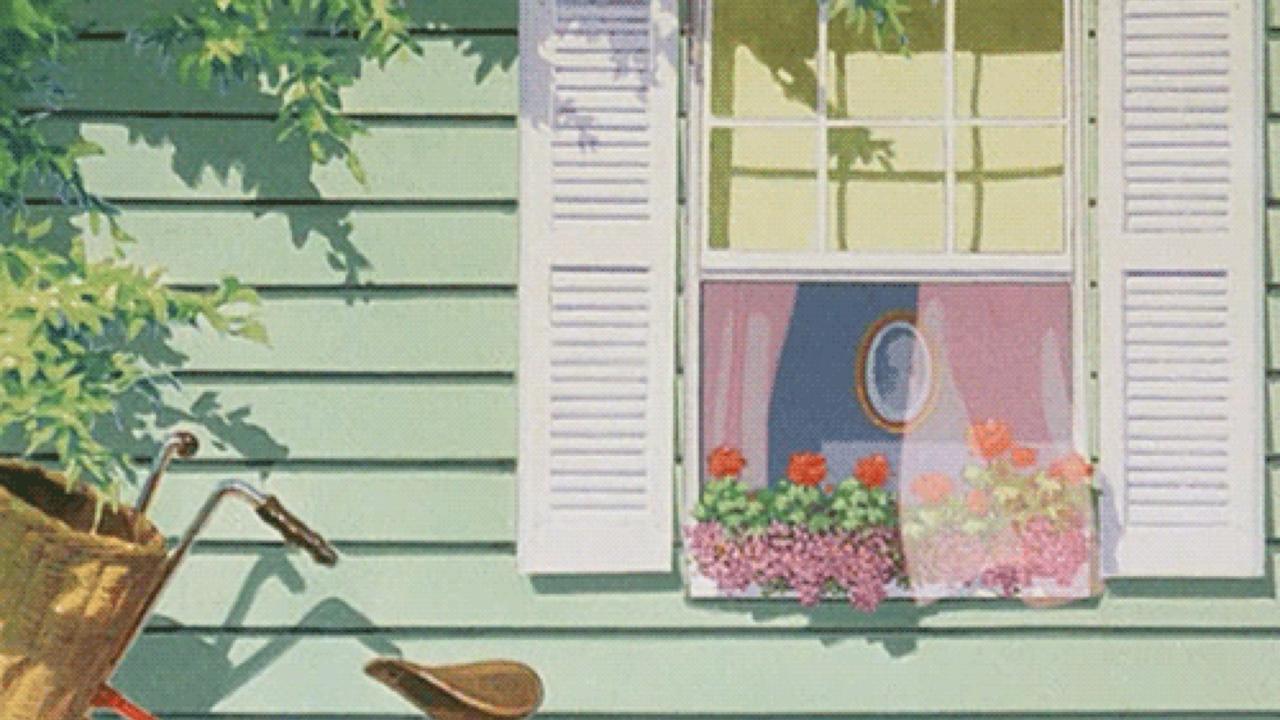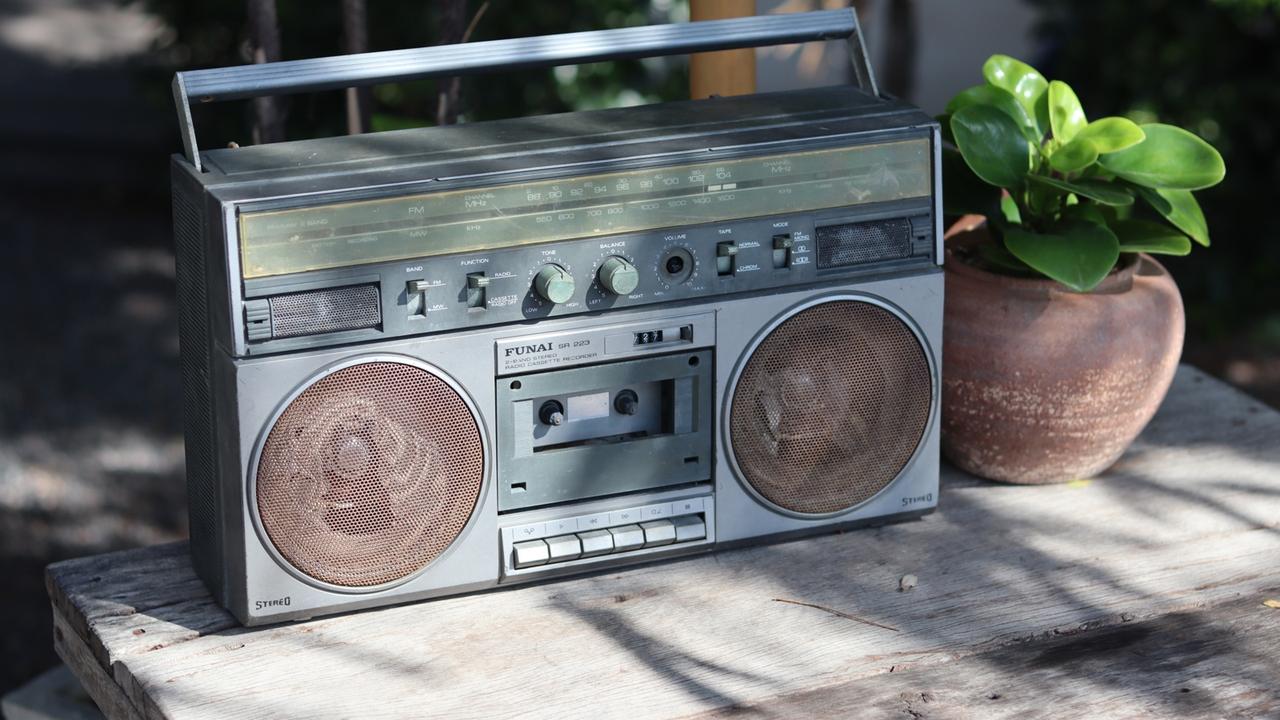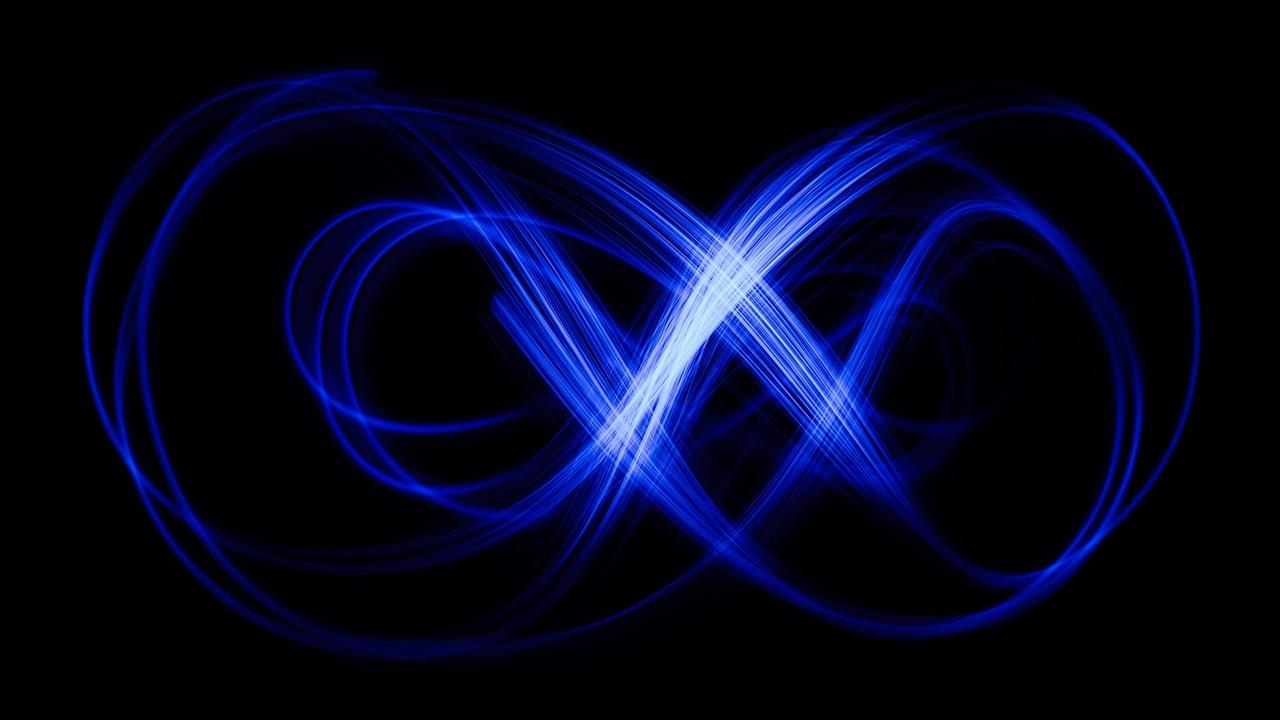Jóhann Jóhannsson – A User’s ManualChapter 9 – Copenhagen Dreams (2012) – English
2.5.2022 • Sounds – Conversation: Kristoffer Cornils, Thaddeus Herrmann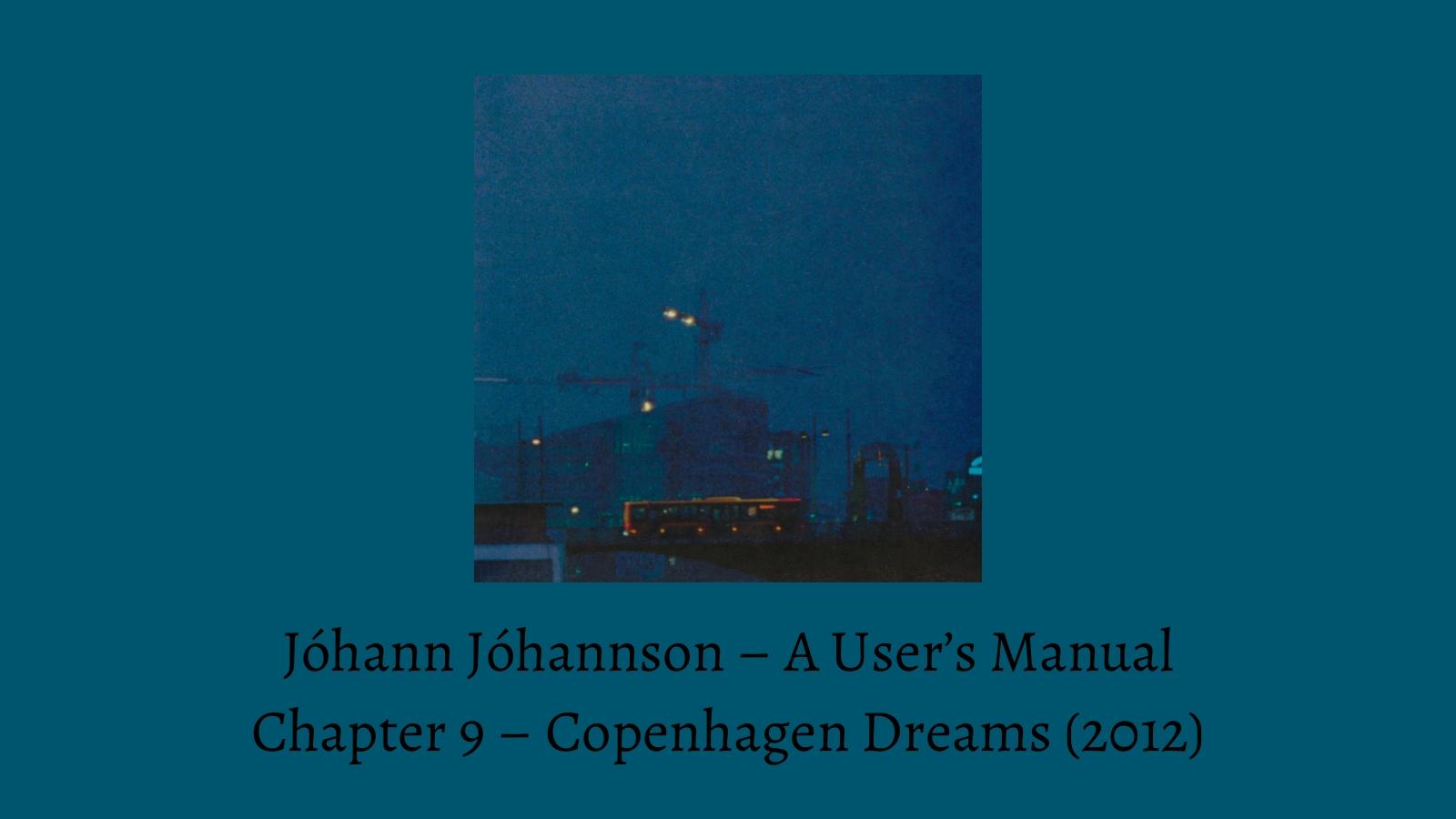
Jóhann Jóhannsson has released well over 20 albums over the course of his career. Who knows how much material that could be released posthumously is still gathering dust at this point in time. Kristoffer Cornils and Thaddeus Herrmann regularly review the composer's work—chronologically, album by album. The ninth episode is about 2012’s "Copenhagen Dreams", the soundtrack to the film of the same name by Max Kestner from 2009.
Deutsche Fassung? Hier klicken.
Another soundtrack, yet a completely different setting: in 2009, Danish director Max Kestner released the documentary film Copenhagen Dreams (Drømme i København). His city, his images. The pavement vs. the skyline, empty or full streets, voyeurism and ghostly movements behind windows. Traffic, people, the environment—a condensed, humanised version of Koyaanisqatsi, not set in a moloch, but in one of the most wonderful cities in Europe where "hygge" was invented. Somehow morbid, but above all cosy. Enter Jóhannsson. He succeeds in adding a stirring pulse to these quiet images with his very own take on melancholy. Three years after the film’s release, the soundtrack was released in 2012.
Thaddi: Soundtracks for cities? Hmm, well. I'm approaching this album by Jóhannsson – an absolute favourite, to say the least – from a rather abstract point of view. Because I know absolutely nothing about Copenhagen. Or do I? As a West Berlin boy I grew up with the Olsen Gang. I watched these films on GDR TV over and over. On our TV, both GDR channels were programmed. I have many memories of these movies. With my father (he has them all on DVD and always wants to lend them to me) I often recapitulate the cheerful and bizarre as well as absurd moments. But what really stuck with me was the emptiness of the city – Copenhagen. The gang always marched through empty streets. That must have been exhausting, filming shortly after sunrise on a Sunday morning, when only buses were to be seen. I myself experienced the city in 1991 on an Interrail trip. I was completely thrilled and enchanted. Everything seemed better than in Berlin. All was functioning and beverage cans were banned throughout Denmark. Heaven! Later, I got to know the electronic music scene and found many friends who are still very important to me today.
However, back to this album. The idea of orchestrating everyday life in a metropolis with beautiful music is neither original nor new. I have to admit that I haven't seen the film in its entirety. Maybe you could "lend" me your login to MUBI, where Copenhagen Dreams is available. As is so often the case with Jóhannsson, however, I don't really care about the visual aspect. I just immerse myself in this mixture of strings, piano, crackle and echo and forget about everything else. I don’t even remember when I bought the record. The vinyl is on the shelf, but the credit card was certainly charged years after 2012. What I’m trying to say here: I'm slowly getting lost in the chronology of Jóhannsson’s work. That's fine, though, because it doesn't matter. 2009? 2012? Fuck it. Or am I on the completely wrong path, Kristoffer?
Kristoffer: No clue where you’re heading, but you’ve pointed me in the right direction, because I know exactly when and even where I bought "Copenhagen Dreams": Rough Trade East, autumn 2012. At the time, I paid the – by today’s standards – relatively normal and then still dizzying price of roughly 28 Euros, because I was supposed to get a – according to the hype sticker – coloured version of the album for it. But I didn't and so I wrote to the label, who kindly shipped me a 12" on green vinyl from the USA despite my relatively unfriendly tone.
While I'm already indulging in personal anecdotes with little value for our audience, here’s another one: I may have been to Copenhagen a few times as a child, because many family holidays would lead us to Rømø or sømewhere else in Denmark. As an adult, however, I haven’t been to the city until 2018. I remember vegan hot dogs, lots of expensive beer and a techno festival that was positively ear-splitting. Fantastic! Looking back, however, I can only draw a very limited connection between the city and this soundtrack. Which is also due to the fact that MUBI lists the film but has not actually made it available in Germany, which is why I still haven't seen it. The concept is nevertheless plausible, though of course, as you correctly pointed out, not exactly innovative.
I hadn't heard "Copenhagen Dreams" for a long time, a good three years—at least according to my last.fm account. What I remembered most distinctively about the record was that usually, I remembered very little of what I had just heard once I listened to it in full. The tracks are, after all, short and very impressionistic—not quite as defined as on "Englabörn", rather foggy like "And in the Endless Pause There Came the Sound of Bees". In most cases, at least.
I love the cover. I'm guessing it's simply a still from Kestner's film, but it always seemed to me to perfectly encapsulate the music underneath: something fleeting, fixed in the moment. Grainy, yet radiant. An obfuscated glimmer. That's how I hear these pieces too, largely based on the formula established with "IBM 1401, A User's Manual" and "Fordlandia": orchestral or chamber music meets electronics. Add to this a few post-rock moments reminiscent of "Dís" or, since we hate that one, the early work of Sigur Rós, as well as the tried and tested tricks from Jóhannsson's repertoire. Nice. But what makes it so special for you as a whole?
On a compositional level, I rate this album as almost perfect.
Thaddi: Electronics is the keyword: They are quite dominant in places. I like that very much, because it does not change the general tone, just adds a very subtle accent to Jóhannsson's work that we have always been aware of and familiar with. On a compositional level, I rate this album as almost perfect. The beauty, the constant arbitrariness. Perfection in short, barely measurable moments. It works even if I don't think about the cityscape of Copenhagen. That’s a good sign.
"Is this perhaps the best possible approach to ... mirroring, commenting on a city—or at least such a film—in all its complexity?"
Kristoffer: I find the term “arbitrariness” quite remarkable. Because although or precisely because you mean that in a non-judgemental way and therefore not as an accusation: the overall heterogeneity of these sketches – or vignettes, rather – can hardly be denied. Here a squeaky-clean string quartet appears, there muffled piano chords resound. So many contrasts! Hence my question about the big picture: what does "Copenhagen Dreams" leave us with? For me in the past, at least, very little. This is not because of the individual pieces as such, which despite their brevity—quite a few are less than a minute long, the longest one clock in at just four and a half minutes—are brimming with ideas. However, they seem to stand next to each other in discrete ways, without any real connection between them. I don't think that's bad, actually, but on the one hand it doesn't necessarily let me perceive "Copenhagen Dreams" as a coherent whole and on the other hand it raises the question: is this perhaps even the best possible approach to ... mirroring, commenting on a city—or at least such a film—in all its complexity? What do you think?
Thaddi: As a declared "enemy" of soundtracks that consist mainly or exclusively of such short pieces, the music is still coherent for me, even as an album. Why is that? Difficult to say! Maybe it's the unifying ductus, the tone, the mood in which/with which everything flows together. Musically, I'm really with Jóhannsson here and can disregard the actual topic. For my part, the record is already a statement per se. Everything fits. It may be the categorical "sweetness" of the music that grabs me. "Copenhagen Dreams" is perhaps Jóhannsson's only album without any corners, let alone edges. But it works. And there are moments when I (or all of us?) really need that. We'll talk about it again when we get to "The Theory Of Everything".
Kristoffer: ... which is one of my declared favourite soundtracks by Jóhannsson, even though I find it difficult to defend! But while we're on the subject: isn't "Copenhagen Dreams" perhaps a kind of collection of soundtrack-ish compositions that seem quite open to interpretation but actually seem, well, arbitrary when lifted out of context? I love some of these pieces, I find their titles especially fascinating—though they may just refer back to the film, I wouldn’t know. But I wonder if I would really enjoy them as much on their own as I do here. I have the feeling that with "Copenhagen Dreams", we find ourselves in the composer's workshop, looking over his shoulder. He has just finished "Fordlandia" and "And in the Endless Pause There Came the Sound of Bees", is puttting together a few short and, you nailed it, sweet pieces and is wondering about whom to sell them to. But because the next project – in chronology that would be "The Miners' Hymns" – needs something musically quite different, he lumps them all together.
"I consider "Copenhagen Dreams" to be a sort of time capsule full of Polaroids—an unsorted jumble of snapshots."
I hardly know what I'm getting at at the moment, but what I’m trying to say: "Copenhagen Dreams" sounds to me at times like a string of demos from the portfolio of a composer who later to redefined the Hollywood soundtrack, but here still puts together a bit of piecemeal work based on what he’s been doing in the years before. I think that's turned out great, but perhaps it also closes a chapter in his career. Because as we will see, the big and a little later the very, very big commissioned works or rather collaborations with Denis Villeneuve will follow. Having done all of those, it was hardly possible to go back to a sound like this, which is why I consider "Copenhagen Dreams" to be a sort of time capsule full of Polaroids—an unsorted jumble of snapshots. Which actually fits the subject of the film perfectly, I guess.
Thaddi: What you're actually saying is that you love this album. You just don't know exactly why or don't want to admit it. I love you. That's exactly the point: we are listening to someone who is developing, orienting himself. No matter how heavy or meaningful his albums were before: Here is someone piecing together sounds and tracks with meandering moving images. A city, its people, architecture, traffic, whatever. And he connects with his inner Satie in these compositions. That's what’s going on here. Imagine Erik with a Moog! What would the world have come to? Anyhow, like in hardly any other soundtrack by Jóhannsson, I hear an album here that develops a truly meaningful depth even beyond all the images.
Kristoffer: I don't know exactly what I love about it, that’s true. But that's what I find so attractive about "Copenhagen Dreams". Because you're right, there's a certain ... let's call it contingency in it that album which you don't find at all in many of his otherwise so stringent soundtracks and albums. As a soundtrack, as an album, it is an anomaly in his catalogue. A very quiet, inviting, beautiful one.
Thaddi: The Copenhagen Contingency. With that term coined, let's just go on a trip to experience it ourselves. I don't have a valid passport right now. As soon as it's renewed, I'll call you, with an EasyJet ticket booked.
Kristoffer: To paraphrase track seven, "They Dream They'll Get There"!
